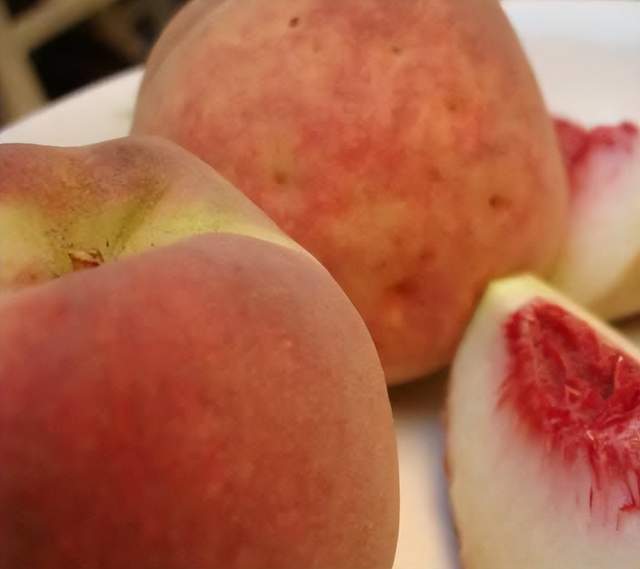Recently, peaches of various varieties such as oil peaches, hairy peaches, flat peaches, and honey peaches have been abundantly available on the market, making people unable to resist the temptation. It is often said that “peaches satisfy people’s hunger.” So, can diabetic patients consume these enticing peaches?
As the saying goes, “Experience is the best teacher.” This also applies to some diabetic patients when selecting peaches; they often pay attention to the “glycemic index.”
What is the glycemic index? It refers to the ratio between the blood sugar response of a certain food and the blood sugar response of a standard food. In simple terms, it measures the impact of carbohydrates in a food on blood sugar levels and whether the food is suitable for diabetic individuals.
Based on the food’s glycemic index, it is categorized into three groups:
– High GI foods with a value greater than or equal to 70, which not only enter the stomach quickly with a high absorption rate but also cause a rapid rise in blood glucose levels, which is unfavorable for postprandial blood sugar stability.
– Medium GI foods, ranging between 55 and 70, stay longer in the stomach with a lower absorption rate. For stable diabetic patients, they can consume these foods in moderation without affecting their condition.
– Low GI foods, with a value equal to or less than 55, remain in the stomach longer with a lower absorption rate. They also release glucose slowly, helping delay the postprandial rise in blood sugar levels.
Regarding peaches, their glycemic index is not high, only 28, falling into the category of low glycemic index foods mentioned above. They are ideal fruits for diabetic patients, and consuming them in moderation can be beneficial for the condition.
When considering the various types of peaches available in the market, which one should be chosen? In comparison to the easily digestible honey peach that feels soft and juicy with every bite, it is recommended for diabetic patients to choose firmer peaches like yellow peaches or oil peaches.
Furthermore, during the peach-eating season, the belief that “peaches should not be eaten together with watermelon” is not true. In fact, eating peaches and watermelon together does not cause poisoning or life-threatening situations.
Moreover, both peaches and watermelons are high-water-content fruits in the summer. If you are not allergic to these fruits, you can consume them in moderation. However, it is advisable not to overindulge in watermelons and peaches as they contain a high amount of fructose, glucose, etc., which can be detrimental to diabetic patients and increase the risk of obesity.
For those allergic to peach fuzz, opt for smooth-skinned oil peaches or peel off the peach skin while wearing gloves before consuming. If you still experience allergic reactions after eating oil peaches, such as skin redness or rash, it is recommended to choose other fruits as an alternative.


